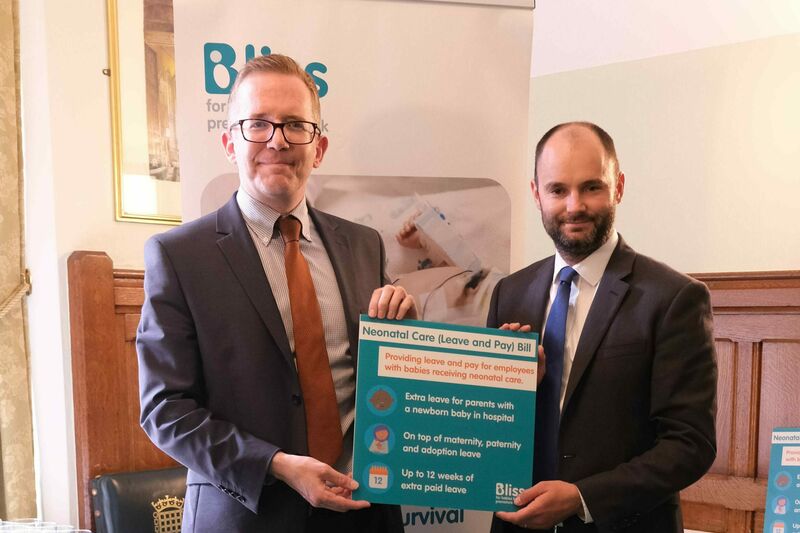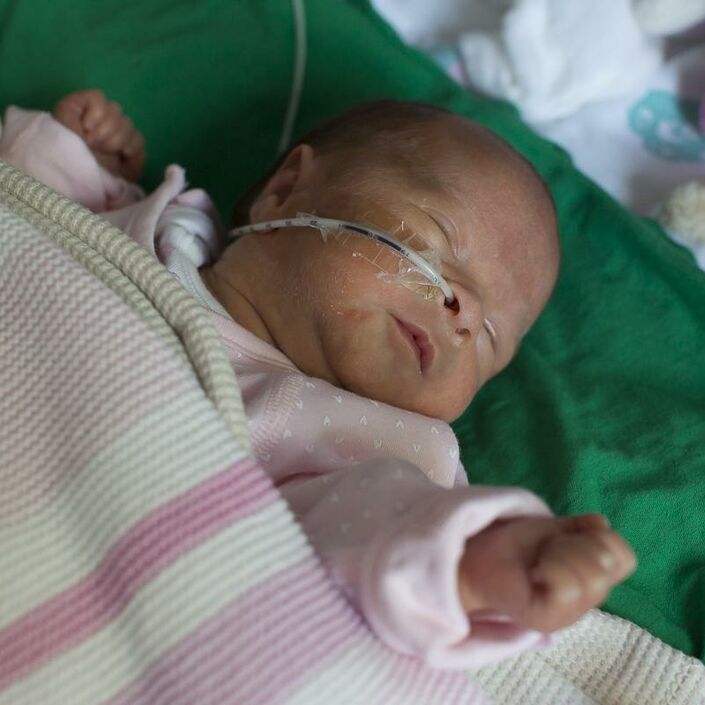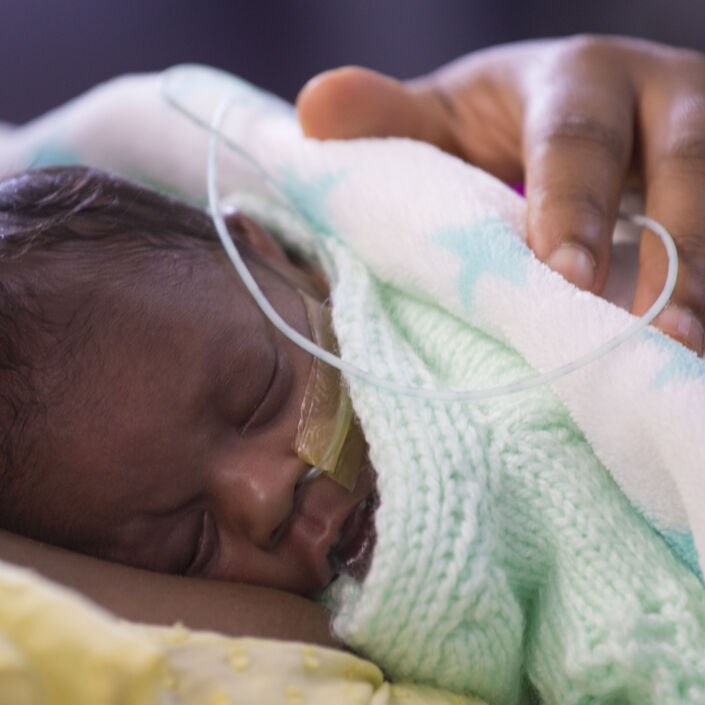The issue
The need for additional paid leave for parents of babies in neonatal care was clear. Without access to additional time off, fathers and non-birthing parents are routinely excluded from their baby’s care by the parental leave system and often have no choice but to return to work while their baby is still in the hospital.
Mothers and birthing parents use up much of their entitlement before their babies are home and are forced to return to work before they are ready due to financial pressure.
What we did
Alongside parents and other charities, we’ve campaigned for many years to give parents extra leave and pay when their baby is in neonatal care. As a result, the Conservative Party included the proposal in their 2019 manifesto.
However, when the Bill they had planned to use to bring it in was not introduced as promised we started campaigning again, this time to get a backbench MP to support it.
As part of that campaign, we brought together over 30 charities, unions and professional bodies to call for the new parental leave entitlement, and 3,000 campaigners emailed their MPs to ask for their support. Fortunately, the Neonatal Care (Leave and Pay) (NNLP) Bill was introduced as a Private Member’s Bill by SNP MP Stuart McDonald in 2022. Read our what we shared with MPs about our campaign (PDF).
Throughout the campaign, we worked with MPs, parents, civil servants, and employment specialists to make sure the new law will work for the families that need it.
The Neonatal Care (Leave and Pay) Act achieved Royal Assent on the 24th of May 2023. The new entitlement was introduced in April 2025 and is available to parents who meet the qualifying criteria. More about the entitlement here.
We are still campaigning on other areas of employment support, such as entitlement for self-employed parents.


